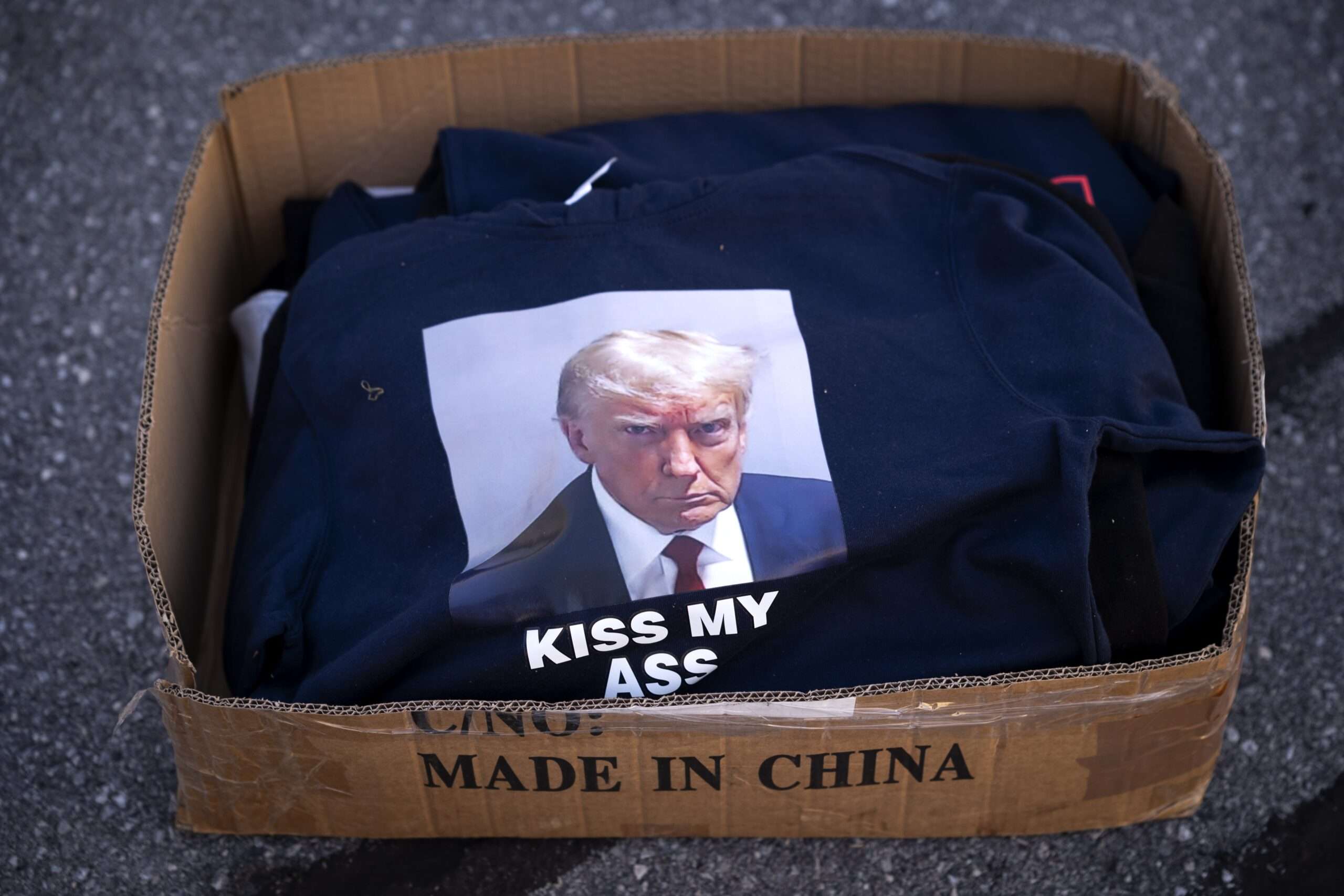The Gaetz Debacle Indicates Trump Remains His Own Biggest Adversary
Donald Trump’s unexpected nomination of Matt Gaetz, a former Florida congressman, as attorney general has generated various reactions and theories about his intentions. This nomination lasted only eight days before Gaetz withdrew, bringing to light Trump’s impulsive nature driven by personal loyalty rather than careful strategy. Observers posit that Trump’s heavy reliance on loyalty over qualifications could undermine his ability to effectively govern. Gaetz, with his contentious reputation and limited legal background, seems an unusual choice for such a significant role in the Justice Department. This impulsivity raises concerns about Trump’s capacity to follow through with his more alarmist plans, suggesting they might be thwarted by his own lack of foresight.
Elon Musk, one of Trump’s prominent supporters, praised Gaetz, claiming he possessed qualities necessary for an effective attorney general. Musk described Gaetz as having not only “a big brain” but also a relentless spirit, casting him as the force needed to confront a corrupt system. However, this characterization fails to consider Gaetz’s well-documented controversies and legal challenges raised against him, which may render him an unpopular and ineffective choice for the role. The potential for Gaetz’s nomination to become a political litmus test for Republican senators demonstrates the risks involved in prioritizing loyalty and ambition over established qualifications and experience in judicial appointments.
In stark contrast, the eventual nominee to replace Gaetz, Pam Bondi, possesses a wealth of legal experience that far surpasses Gaetz’s modest credentials. Bondi, who had a long career as a prosecutor and served as Florida’s attorney general, is a qualified and mature candidate for the role compared to Gaetz. Despite showing loyalty to Trump, her background aligns more closely with the traditional expectations for an attorney general. Trump’s selections for other high-ranking positions within the Justice Department also reflect a preference for experienced individuals, indicating a potential acknowledgment of the need for competence in governmental roles despite his initial, more impulsive choice in Gaetz.
According to reports, Trump’s decision to nominate Gaetz was impulsive, emerging during a casual flight where discussions about potential candidates were held. This context laid the groundwork for an executive decision seemingly made on a whim rather than through a strategic assessment of qualifications and capabilities. This tendency to act impulsively is consistent with Trump’s prior behavior as both a candidate and a sitting president. His history of making statements without due consideration—such as controversial policy ideas and declarations of unilateral authority during crises—positions the selection of Gaetz as part of a pattern, rather than a well-thought-out strategy.
The varying narratives surrounding the Gaetz nomination, from viewing him as a potential “Hammer of Justice” to an acknowledgment of his ineptitude, suggest an overarching theme of Trump’s governing style: unpredictability. The analysis reveals a struggle between loyalty and the necessity for pragmatism in political appointments, calling into question whether Trump can effectively implement his agenda. If he continues to prioritize raw loyalty over experience and capability, it could result in substantial pushback not only from within the Republican party but also from the broader electorate.
Ultimately, Trump’s insistence on appointing individuals based on loyalty may limit his achievements during his second term by fostering divisions among lawmakers and closing avenues for bipartisan cooperation. The Gaetz saga illustrates not only Trump’s impulsive decision-making but also highlights the potential consequences of his choices for the future of the Justice Department and, by extension, his presidency. As evidenced by the rapid unraveling of this nomination, Trumps’ approach invites skepticism about his ability to execute his promises effectively and enacts reforms within the government that may reflect the divisive nature of his political brand.
Share this content:












Post Comment